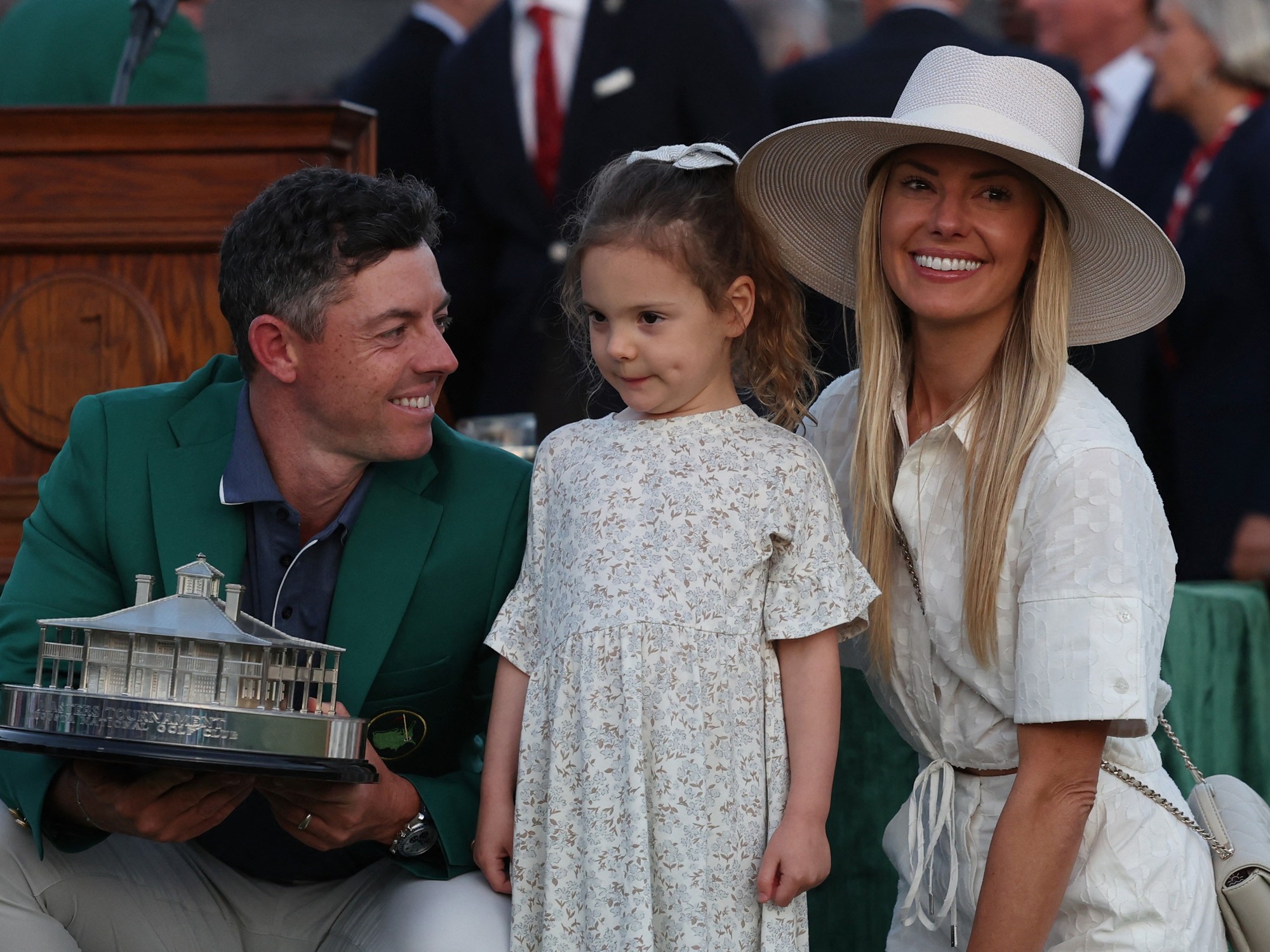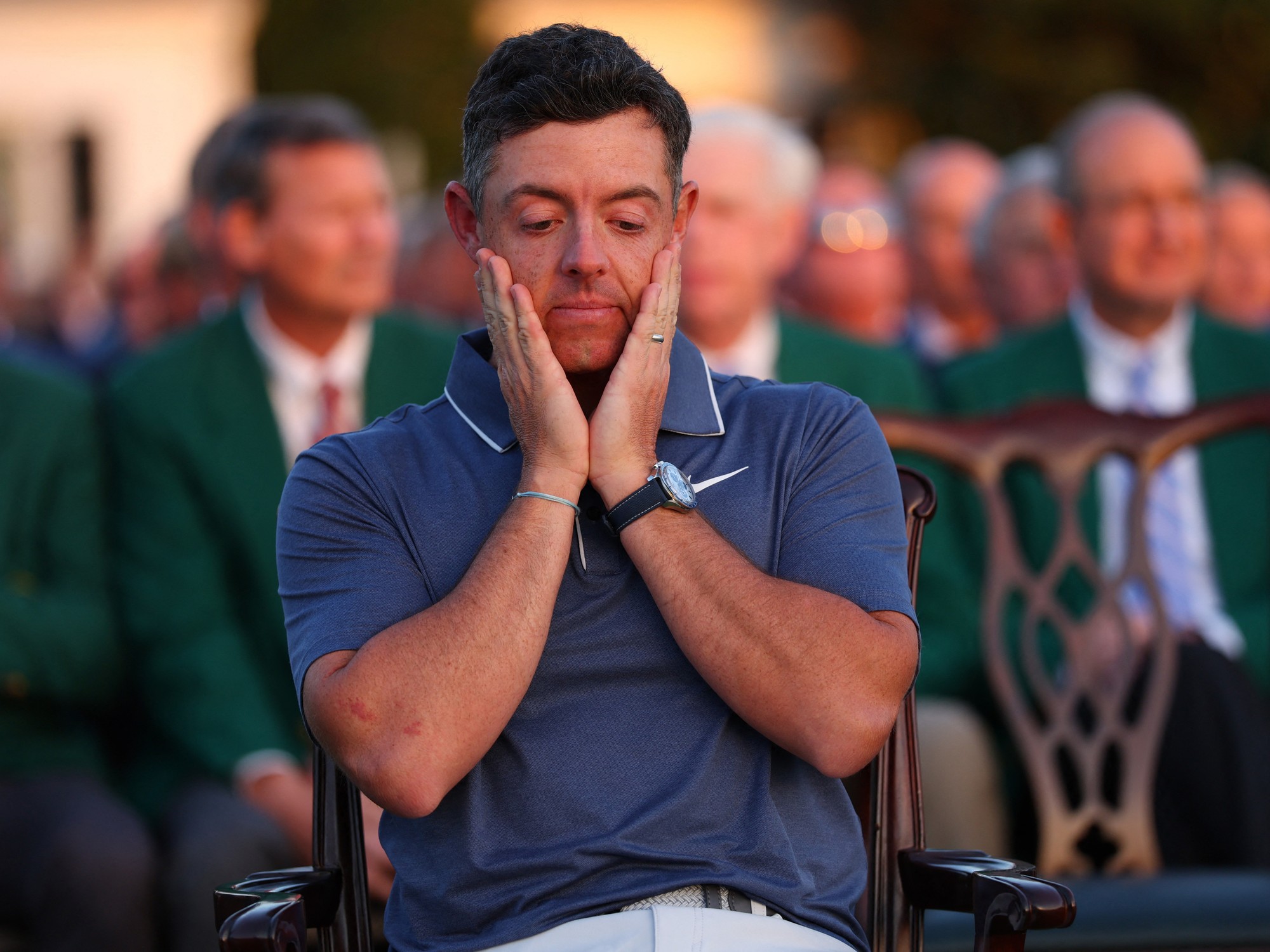Court artist sketch by Elizabeth Cook of Susan Everard (right), the mother of Sarah Everard, reading a victim impact statement as former Metropolitan Police officer Wayne Couzens (left), 48, sits in the dock at the Old Bailey in London, on the first day of a two-day sentence hearing after pleading guilty to the kidnap, rape and murder of Sarah Everard. Picture date: Wednesday September 29, 2021.
Elizabeth Cook
'Forces are not sufficiently spotting and dealing with concerns about behaviours and attitudes'
Don't Miss
Most Read
Trending on GB News
The police watchdog has said it will aim to conclude investigations into officers’ conduct linked to the Sarah Everard case “as swiftly as possible”.
The Independent Office for Police Conduct (IOPC) issued an update on several investigations, including a criminal probe into two officers and one former officer with the Met who allegedly sent discriminatory messages as part of a WhatsApp group.
An investigation into how Ms Everard’s killer Wayne Couzens sustained head injuries while in custody on March 10 and 12 found they were “self-inflicted” and the correct procedures were followed by the Met.
The IOPC said it will soon decide what further action will be taken against a police constable on probation – who ended up staffing the cordon in the search for Ms Everard – who was investigated for gross misconduct for allegedly sending an inappropriate image over WhatsApp about the case while off-duty.
Two other constables on probation were also investigated over allegations they shared the graphic image and failed to challenge it. The watchdog’s report and conclusions have been passed to the Met.
Two Met officers and another who used to work at the force are under criminal investigation for improper use of phones.
They, alongside a Norfolk police officer and another from the Civil Nuclear Constabulary, were under investigation over allegations they sent discriminatory messages over WhatsApp between March and October 2019, and for claims they failed to challenge the messages.
The mobile phone messages were discovered during the police investigation into Ms Everard’s murder.
Findings will be published when a final decision has been made on what action will be taken against another group of officers, from several different forces, amid allegations they shared details of the interview Couzens gave under caution when there was “no policing purpose to do so”, and claims others joined in the conversation or failed to challenge this.
The IOPC said criminal or gross misconduct investigations do not necessarily mean that charges or disciplinary proceedings will follow.
IOPC regional director Sal Naseem said: “We cannot provide updates for some of our investigations linked to Couzens, which are ongoing, but following today’s sentencing (of Couzens), we will look to bring those matters to a conclusion as swiftly as possible. We are, however, able to provide information about others, including those that are either concluded or nearing completion.”
Chief Inspector of Constabulary Sir Tom Winsor confirmed Couzens was known as “the rapist” by other officers at times during his career and the IOPC was investigating what other officers knew about him.
Asked on BBC Radio 4’s The World At One if he was aware of Couzens’s reputation as “the rapist”, Sir Tom said: “Yes, I do know that. And (he) also had allegedly a reputation in terms of drug abuse, extreme pornography and other offences of this kind.”
He also warned that police officers are failing to raise concerns about colleagues who exhibit “damaging or worrying” characteristics.
There appeared to be a “culture of colleague protection” within the service, he said, adding: “The concern that I have is that there is in too many respects and in too many places a culture of colleague protection.
“Forces are not sufficiently spotting and dealing with concerns about behaviours and attitudes when constables are in their probation when they should be thrown out.
“In too many respects, there is evidence of police officers who become aware of damaging or worrying characteristics in police officers of not reporting them, not putting up a warning flag, and that needs to change.”
Sir Tom said the resourcing of police counter-corruption units – called directorates of professional standards – was inadequate, the quality of their investigations was sometimes “quite poor” and there were too many backlogs in vetting officers.
Meanwhile a former senior officer said women in the police are afraid to report their male colleagues for misconduct due to fears they will be abandoned if they need help.
Parm Sandhu, a former chief superintendent in the Metropolitan Police, said she had been “vilified” when she raised concerns about the way she was treated.
She told the radio programme: “The police service is very sexist and misogynistic. A lot of women will not report their colleagues.
“What happens is that male police officers will then close ranks and the fear that most women police officers have got is that when you are calling for help, you press that emergency button or your radio, they’re not going to turn up and you’re going to get kicked in the street.
“So you have got to be very careful which battles you can fight and which ones you can actually win.”







